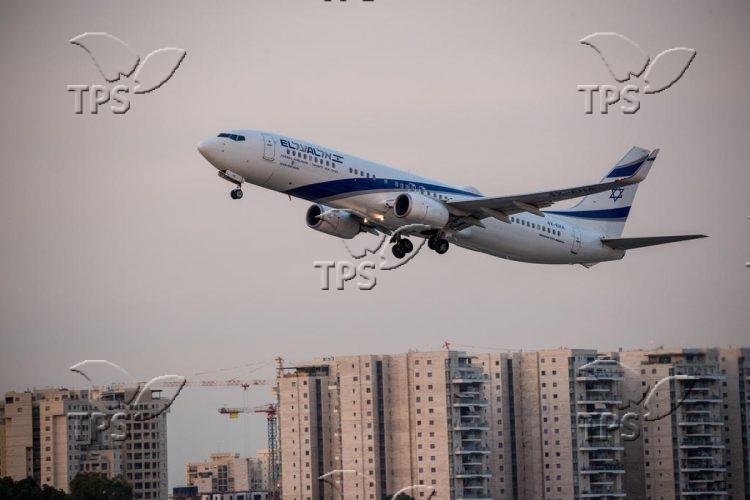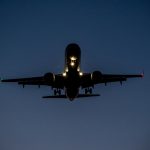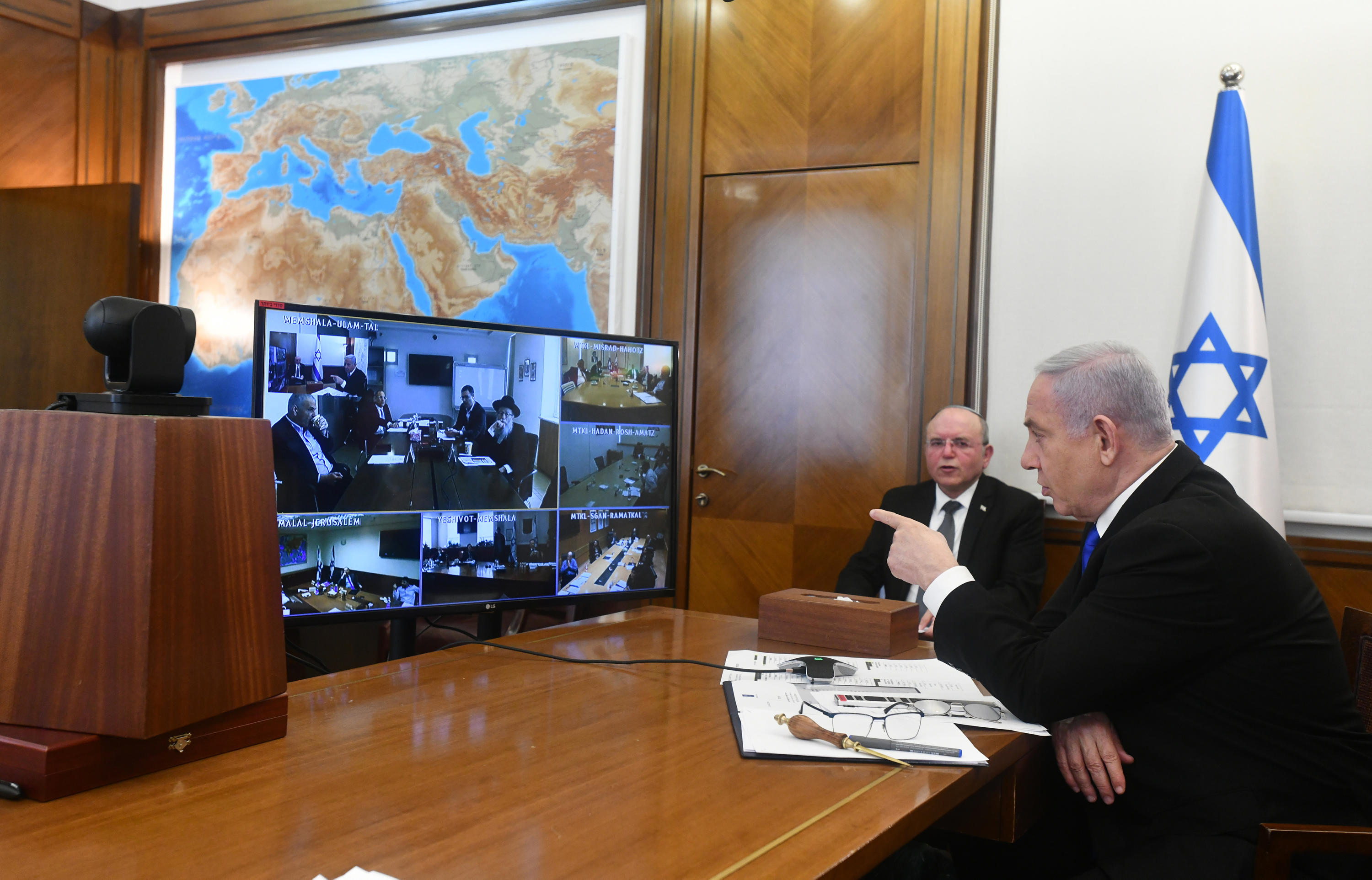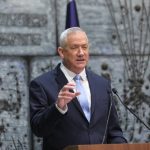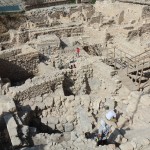Israel Warns Travelers to Be Alert as Ramadan Tensions Rise
Jerusalem, 6 March, 2024 (TPS) -- Bracing for violence during the Islamic month of Ramadan on top of international passions about the war against Hamas, Israel’s National Security Council issued an advisory reminding citizens traveling abroad to act responsibly.
“Muslim terrorist organizations see Ramadan as an opportunity to carry out attacks and acts of violence. During this period, the incitement and calls by elements of radical Islam (with an emphasis on global jihad organizations such as ISIS and Al-Qaeda) to carry out attacks are increasing,” the NSC wrote.
Terrorist organizations are expected to exploit the war and tensions on the Temple Mount, “to incite activists and supporters to carry out attacks against Israelis/Western targets.”
Ramadan is expected to begin at sundown on March 10.
Since October 7, anti-war demonstrations have swept the Arab world. Israel has warned its citizens against traveling to most Arab countries, and singling out Turkey for the highest threat level.
Israeli citizens are prohibited from visiting Syria, Lebanon, Saudi Arabia, Yemen, and Iraq. Israelis are also advised against flights entering the airspace of Iran, Afghanistan, Libya, Somalia, Pakistan and Algeria, as Israel does not have diplomatic relations with those countries.
A Month of Violence
Palestinian terror in Israel has surged ahead of and during Ramadan during the last several years.
Hamas leader Ismail Haniyeh recently called on Palestinians to stage a mass march on the Temple Mount on the first day of Ramadan. Hamas has also threatened an “explosion” of rage if Israel moves to restrict Muslim worshippers from visiting the Temple Mount during Ramadan.
On Sunday, Palestinian Islamic Jihad released a 13-minute video calling for Ramadan to become “a month of terror” and urging “unity of the battlefields,” a reference to the escalation and participation of Iranian proxy terror groups in Lebanon, Syria, Iraq and Yemen against Israel.
Prime Minister Benjamin Netanyahu decided on Tuesday not to reduce access to the Temple Mount during the first week of Ramadan.
“In the first week of Ramadan, the number of worshippers allowed to enter the Temple Mount will be as in previous years,” the Prime Minister’s Office said. “Every week there will be a situational assessment around security and safety, and a decision will be made accordingly,”
During the Ramadan of 2023, Palestinians barricaded themselves inside the Al-Aqsa Mosque, while Hamas squads in Lebanon fired rockets during Passover, which overlapped with Ramadan.
In 2022, Palestinians killed 15 Israelis in terror attacks ranging from shooting, stabbing and car-ramming attacks. The surge of violence continued after Ramadan – four more Israelis were killed during the spring – and the Israel Defense Forces cracked down, launching Operation Wave Breaker.
During Ramadan of 2021, Hamas orchestrated a barrage of rocket attacks from Gaza, triggering an 11-day war. The violence spilled over into Arab-Israeli communities, where simmering tensions erupted into widespread riots and unrest.
The Temple Mount, where the First and Second Jewish Temples were built, is the overall holiest site in Judaism. The Western Wall is the only remnant of a retaining wall encircling the Temple Mount built by Herod the Great in the first century and is the holiest site where Jews can freely pray.
The delicate status quo governing the Temple Mount goes back to 1967 when Israel liberated the Old City of Jerusalem from Jordan during the Six-Day War. Fearing a religious war, then-defense minister Moshe Dayan agreed to let the Islamic Waqf, a Muslim trusteeship, continue managing the holy site’s day-to-day affairs, while Israel would maintain overall sovereignty and be responsible for security.
At least 1,200 people were killed and 240 Israelis and foreigners were taken hostage in Hamas’s attacks on Israeli communities near the Gaza border on October 7. Of the remaining 134 hostages, Israel recently declared 31 of them dead.

